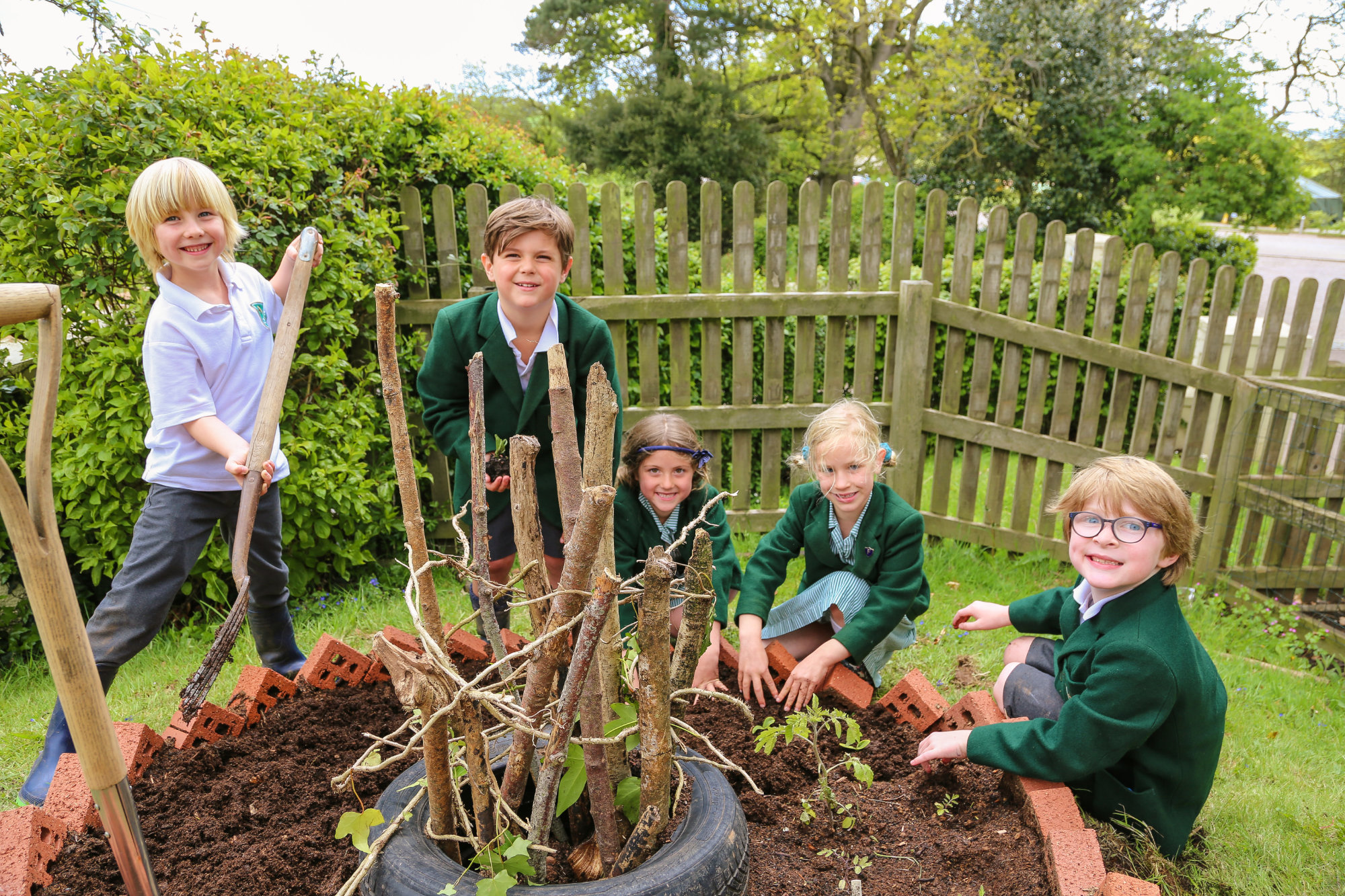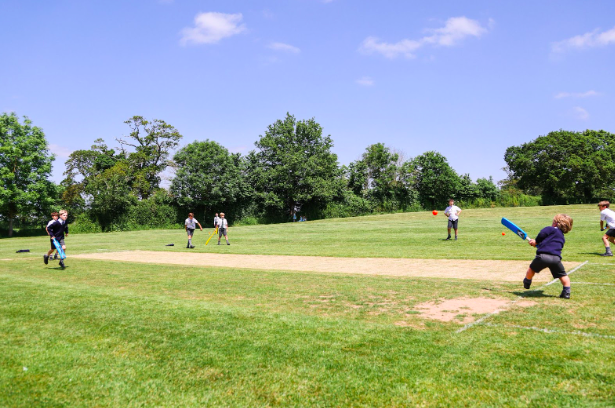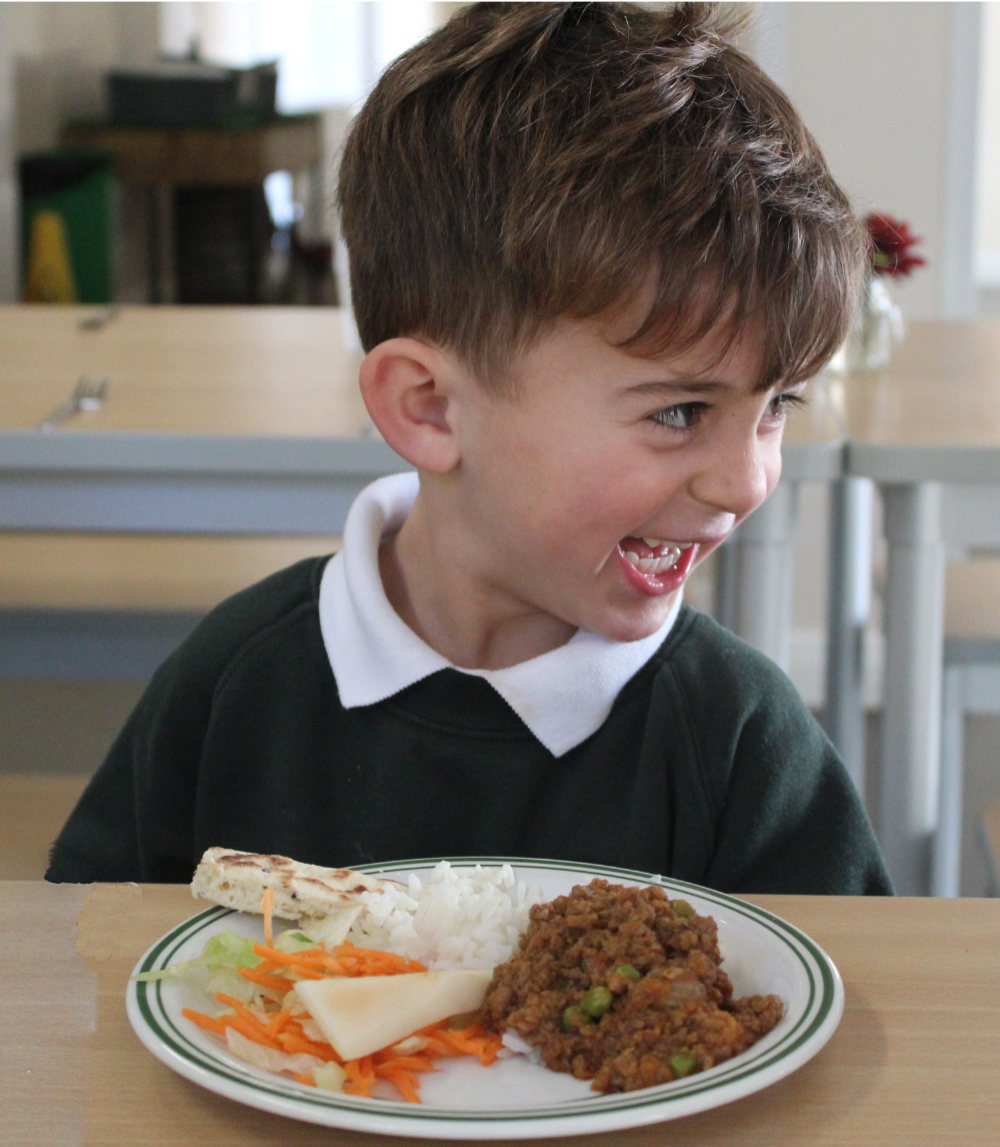Children all develop at different rates; some develop more in certain areas and may under develop in others, and vice versa. There are many ways parents and teachers, as well as family and friends, can help your child to advance and it is important, therefore, to send your child to preschool.
The question of whether or not it is a good idea for your child to go to preschool is often discussed amongst parents, but more often than not, the advantages outweigh the disadvantages. It is often difficult for parents to welcome the realisation of how fast their child has grown up, which can often result in them wanting to remain at home and enjoy the last couple of years before school is mandatory. Here at St Peter’s, we encourage parents to allow their children to attend, as often it enhances your child’s development, across many fundamental skills.
During the ages of three to four, you will notice huge leaps in your child’s social and emotional development, verbal communication as well as their intellectual and physical development. These key changes can be advanced at a much quicker rate when a child is introduced to a preschool. Below, we will discuss these benefits further.
Social Interaction
One of the main and most obvious benefits of your child attending preschool is the increase in social opportunities. It is essential for children of a young age to be encouraged and allowed to interact with other children. It provides them with the chance to improve their personal skills, whether that is being kind to another child, problem-solving or managing a dispute. Without the opportunity and practise to do this, children can often become overwhelmed with challenging social situations in later life, such as a conflict of interests, teamwork or being led by another.
Emotional Growth
During the ages of three and four, children become increasingly aware of their emotions and other peoples. Pre-schoolers often have difficulty in identifying these emotions or understanding why they or another person is feeling a certain way, or how to accept their feelings and to effectively manage them. One of the key developments of this age group, gained by attending preschool, is a child’s awareness of their self and the empathy they have for others. Preschool offers a comfortable environment for them to develop these skills and, as they do so, they will become increasingly aware of the ability to recognise their feelings as well as other people’s, which results in an advancement in your child’s emotional growth.
Spoken Communication
The advancement of verbal communication between the ages of three and four is vast. It is estimated that a child of three can use and comprehend approximately 200-300 words, which they can use in sentences that are around three to four words long. A four-year-old can retain and express themselves using anywhere between 1,000 and 2,000 words, yet they can understand and correctly respond to a volume much greater. Being around other children and adults at pre-school allows children to develop their spoken communication as well as gain an understanding of words that are new to them, which hopefully they will retain and use in the future.
Intellectual Development
One of the key developments of three to four-year-olds is an advancement in their intellect. Imaginary play, recognition of their surroundings and objects within it, the concept of time and the sometimes endless questions are all indicators that your child’s comprehension of the world around them is improving. To develop this further, make sure that your child has the opportunity to experience new environments, people and activities, as the more they are exposed to, the more they are likely to gain stimulation for their minds.
Physical Improvement
Pre-school offers children the chance to enhance their gross motor skills, in a safe and diverse environment. Balancing skills, strength and stamina are all exercised, giving them the opportunity to improve physically. Not only is this related to their ability to participate in sports, but it also allows them to develop their fine motor skills, such as using a pencil, holding cutlery and undoing buttons.
Here at St Peter’s independent pre-school, Devon, our nursery provides an array of engaging and stimulating activities, as well as an environment that supports this development. With a large playing field, woodland, pond, adventure playground, creative and messy play as well as the opportunity to develop numeracy, language and communication skills, the setting and constructive curriculum supports your child’s key developments at this vital age. Offering both Wild Woods and Beach School for nursery children makes St Peter’s unique. The atmosphere in our nursery is hugely supportive and fun. Children acquire a love of learning, but pastoral care is a big priority. We have a dedicated Matron on site and all staff are first aid trained. Call our Registrar and Marketing Manager, Rachel Elliott, on 01395 280335 for more details.









